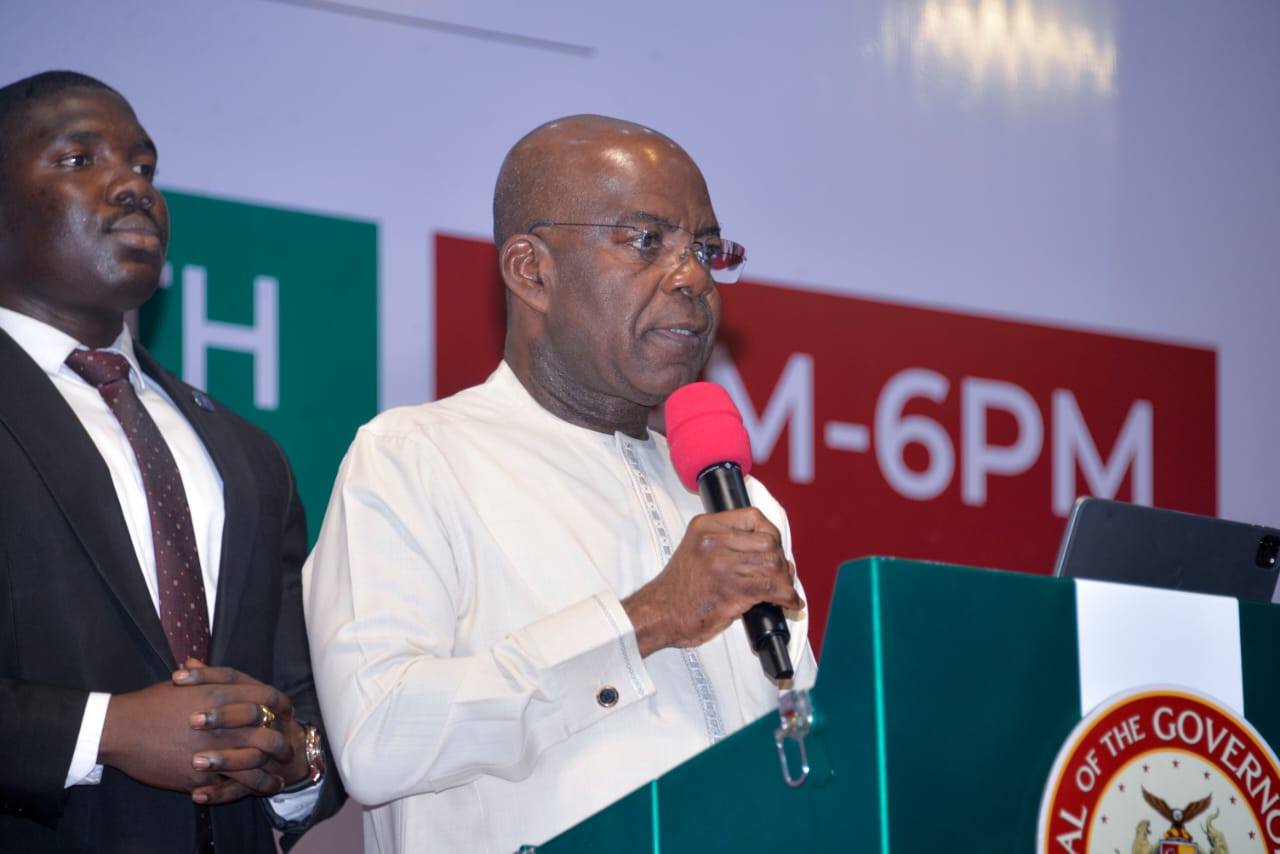According to these sources, the leadership’s campaign of intimidation is an attempt to stifle the growing chorus of staff who have spoken out about irregularities. ArticlesRead More
Alleged $14.8m fraud: Sylva Writes EFCC, Seeks Date for Appearance
Alleged $14.8m fraud: Sylva Writes EFCC, Seeks Date for Appearance
Blessing Ibunge in Port Harcourt
A former Minister of State for Petroleum, Chief Timipre Sylva, has written to the Economic and Financial Crime Commission (EFCC) asking the commission to give him a date for his appearance.
The former Bayelsa State governor in a letter he personally signed and addressed to the Chairman of the commission particularly frowned on the move by the EFCC to declare him wanted over an alleged $14.8million fraud.
Sylva in the letter dated November 24, 2025 but was received and acknowledged by the EFCC on November 26, informed the commission that he was currently receiving an urgent medical care for a life-threatening condition.
He said he was in constant consultation with his medical team to know whether he could discontinue his treatment to enable him present himself to the EFCC for interrogation.
He said: “In view of the foregoing, I most humbly request that a mutually agreed date be set subject to medical clearance to enable me appear physically and formally.
“I trust that the objective of your invitation is not to unalive, but to genuinely investigate an alleged crime in which case my request will be in order. For only the living may appropriately, fully and responsibly respond to any allegation, which I firmly and respectfully deny”.
Sylva recalled the events of the past weeks and said they had his family, close friends, supporters, associates and compatriots had endured an extraordinarily and bewildering period
He said: “What began with an unverified accusations linking me to an alleged plot to undermine a constitutional authority of the President and Commander-in-Chief, His Excellence, President Bola Ahmed Tinubu escalated into a dramatic military operation at my private residence, during which several individuals were apprehended (drivers, security and domestic staff) and remain in detention.
“While still grappling with the emotional and psychological strain of those events, I was on Monday 10 November, 2025, publicly declared wanted by your esteemed agency in relation to an alleged $24.8million fraud matter.
“It is pertinent to recall that I had been formally invited by the EFCC in December 2024 regarding the same matter. After providing all required explanations, I was granted administrative bail on self recognition and I was informed that I would be reinvited should my further input be necessary. To the best of my knowledge and belief, no further invitation or correspondence was issued to me thereafter”.
Sylva said he was deeply surprised and profoundly unsettled to learn through a public announcement that he had been declared wanted despite his well-known disposition towards cooperation with lawful authorities.
He said: “I am and have always been a law-abiding citizen of the Federal Republic of Nigeria and I have never declined or evaded the invitation of any competent law enforcement institution.
“Furthermore, on 14 November, 2025, it was publicly stated that I had jumped bail. For the sake of clarity, propriety and historical records, I must respectfully state that no such incident occurred not was any such bail condition in existence or ever violated by me.
“As these developments continue to unfold, it is difficult to dismiss the impression that matters may be proceeding in a manner capable of causing public misinterpretation. For example these frenzied and almost desperate actions may be viewed as political witch-hunt by many. Also considering that I have appeared to be a target since the beginning of this administration”.
Blessing Ibunge in Port Harcourt A former Minister of State for Petroleum, Chief Timipre Sylva, has written to the Economic and Financial Crime Commission (EFCC) asking the commission to give
Read more


